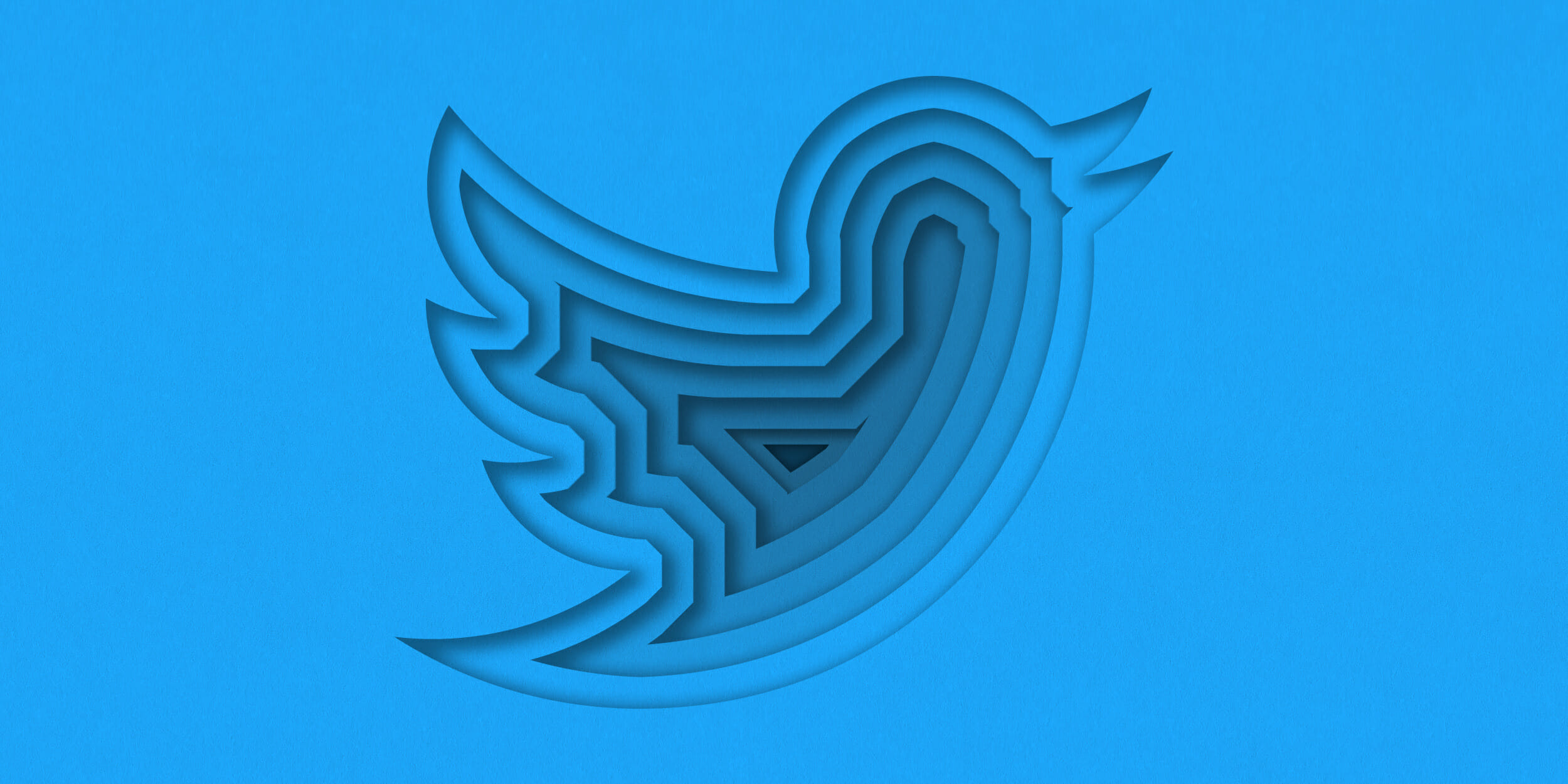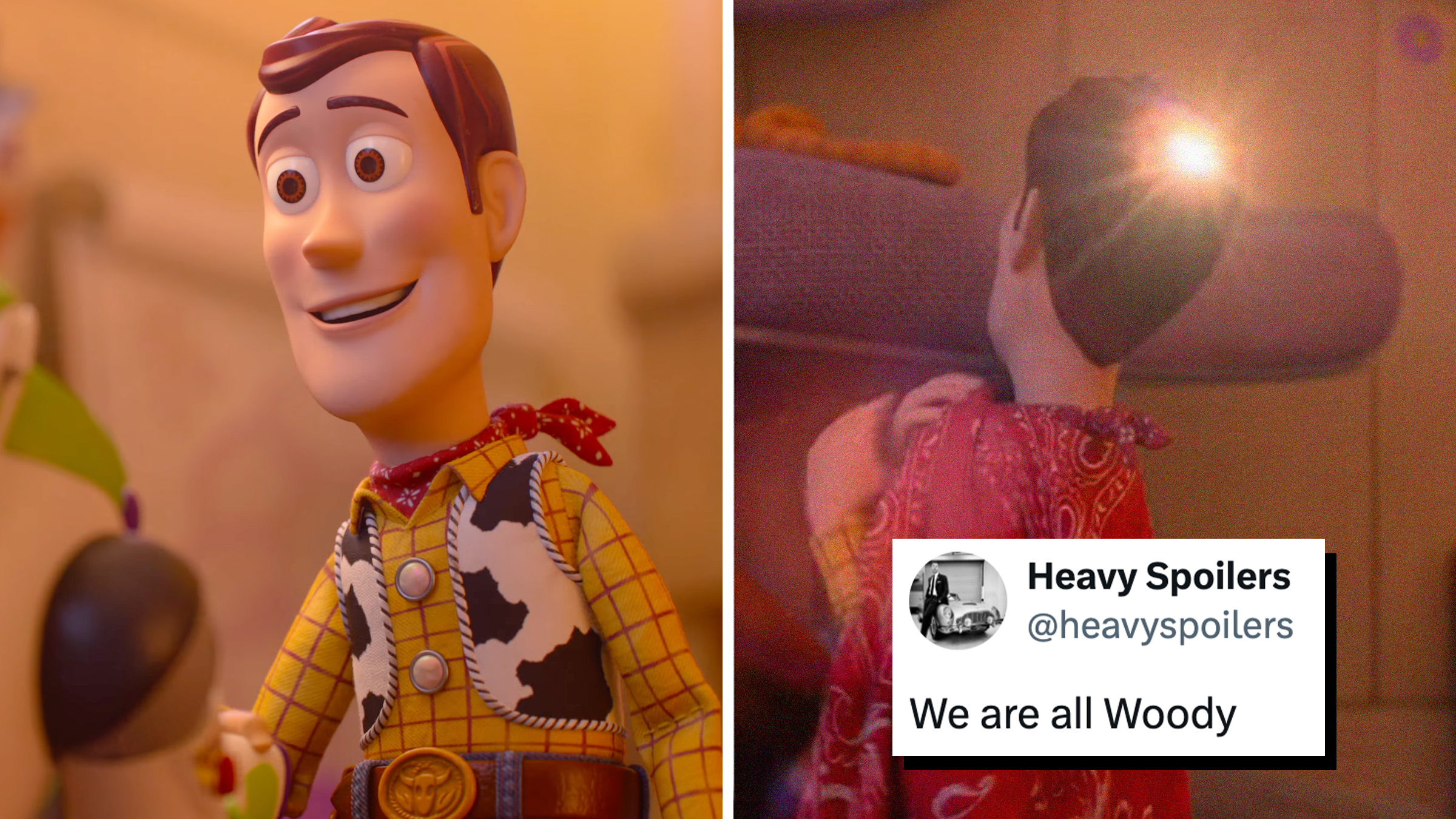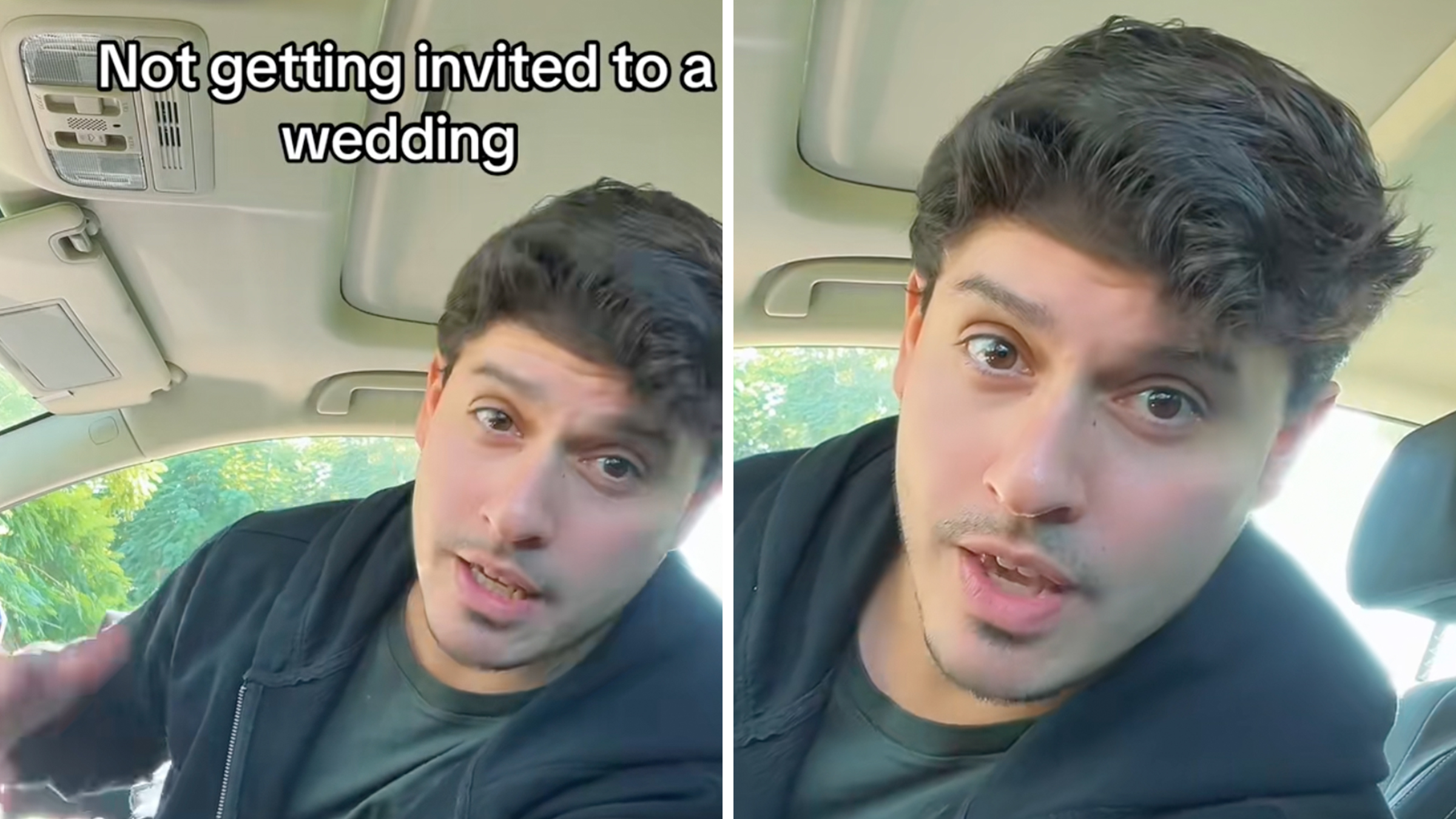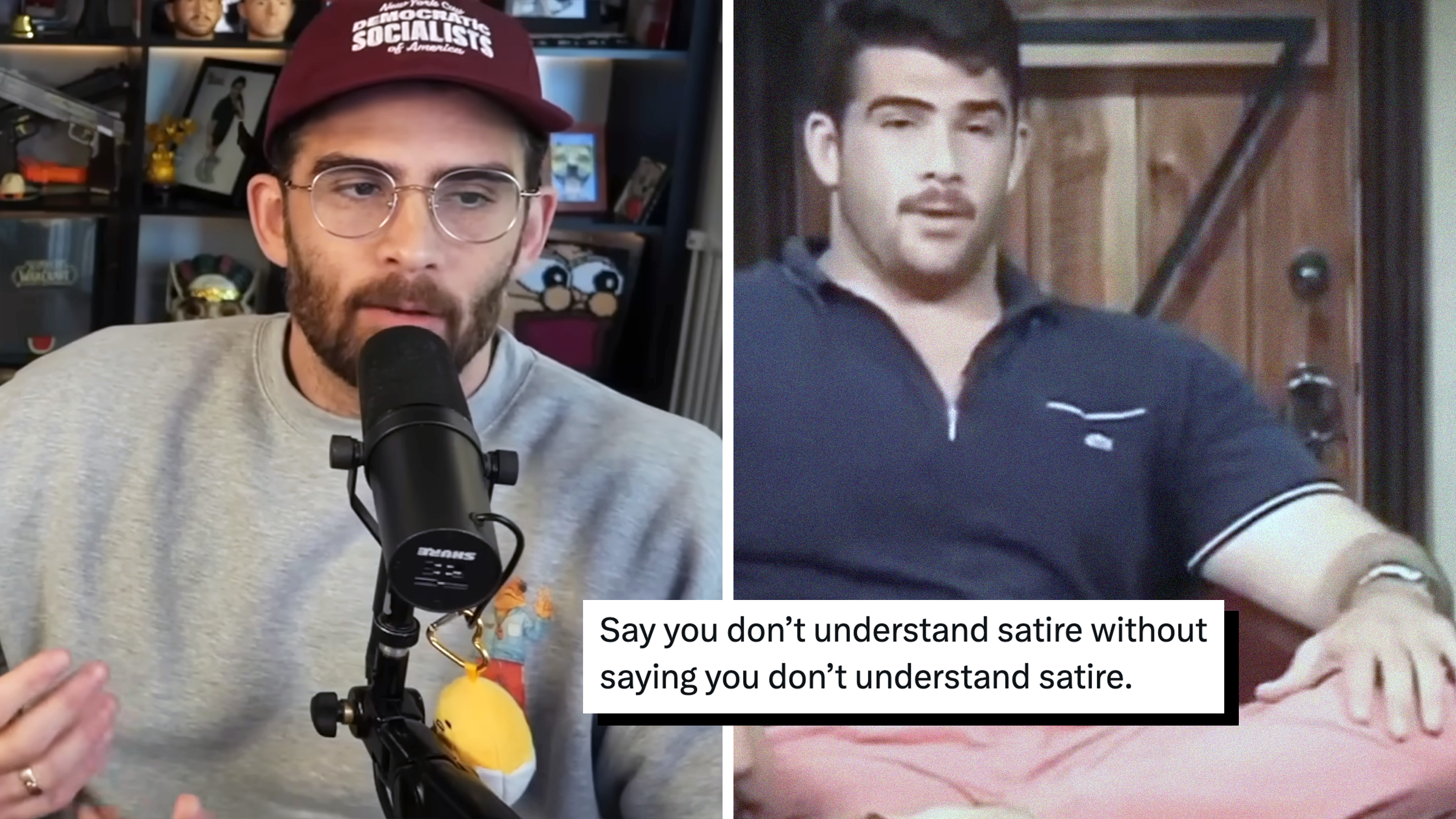Twitter has deleted 10,000 accounts pushing messages that could deter voters from heading to the polls, according to Reuters. The Democratic Congressional Campaign Committee (DCCC) found the malicious accounts and flagged them to Twitter for review.
The removals took place in September and October, during the contentious run-up to the 2018 midterm elections. The bots in question falsely appeared to be progressive or Democratic accounts; for example, some bots encouraged Democratic men not to vote so as not to drown out women's voices.
Two tools developed by computer scientists from the University of Indiana, “Hoaxley” and “Botometer,” were instrumental in finding the accounts and shutting them down. They allow researchers to spot automated accounts and analyze how they spread misinformation. The tools are publicly available; anyone can find and use them.
“We made Hoaxley and Botometer free for anyone to use because people deserve to know what’s a bot and what’s not,” Filippo Menczer, professor of informatics and computer science at the University of Indiana, told Reuters.
Bots were instrumental in spreading misinformation during the 2016 presidential campaign and targeted mainly the Democratic party; this year, the DCCC launched an effort to fight the spread of fake news on Twitter. Although the number of accounts targeted this time around is compared to the number of bots Twitter purged following the 2016 election—millions of accounts were deleted—Democrats are hoping that the flagging operation will help the social media network react quickly and effectively.
Twitter said in a statement: "For the election this year we have established open lines of communication and direct, easy escalation paths for state election officials, DHS, and campaign organizations from both major parties." Misinformation in this election campaign does not appear to be as widespread as it was in 2016, but with three days till the election, some government agencies are expecting interference.
H/T Reuters






